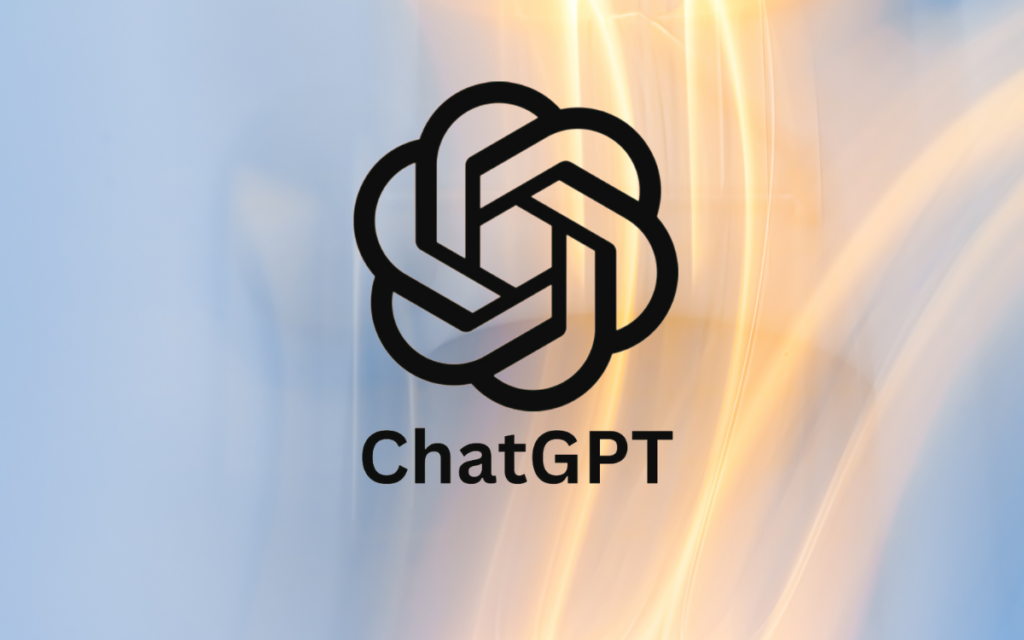Understanding the Legal Implications of ChatGPT
The advent of artificial intelligence (AI) has brought about a paradigm shift in various facets of human interaction, communication, and productivity. One such prominent AI application is ChatGPT, a language generation model developed by OpenAI. While this innovation has undeniably revolutionized communication, its implementation raises a myriad of legal considerations and implications that warrant exploration.
Intellectual Property Rights
One of the primary legal concerns surrounding ChatGPT revolves around intellectual property rights. The content generated by ChatGPT, whether in the form of text, ideas, or suggestions, may inadvertently infringe upon existing copyrights, trademarks, or patents. As ChatGPT learns from a diverse range of sources available on the internet, there’s a risk of unintentionally reproducing protected content. This raises questions about liability and ownership of the generated content.
Liability and Responsibility
Determining liability in cases where ChatGPT generates potentially harmful or offensive content poses another significant legal challenge. Since ChatGPT operates autonomously based on its training data, assigning responsibility for objectionable content becomes complex. Questions arise regarding whether the responsibility lies with the developers, the users employing the AI, or the AI itself.
Data Privacy and Confidentiality
ChatGPT operates by processing vast amounts of data, often sourced from public domains. However, concerns about data privacy and confidentiality emerge when personal or sensitive information gets incorporated into conversations. Upholding privacy rights while using AI like ChatGPT requires stringent measures to safeguard sensitive data and ensure compliance with privacy regulations such as GDPR (General Data Protection Regulation) and CCPA (California Consumer Privacy Act).
Regulatory Compliance
The evolving nature of AI technology poses challenges for regulatory bodies worldwide. As ChatGPT continues to evolve and generate content, it becomes crucial to adapt and create regulations that address its usage and potential consequences. Crafting legislation that strikes a balance between innovation and safeguarding against misuse or harm remains a pressing concern.
Ethical Considerations
Apart from legal implications, ethical considerations are paramount in the development and deployment of AI like ChatGPT. Ensuring fairness, transparency, and accountability in its operation is crucial. Bias in the training data or the output generated by the model can perpetuate social inequalities and lead to discriminatory practices, raising ethical concerns that must be addressed through both legal frameworks and ethical guidelines.
Mitigation Strategies
To navigate these legal challenges, proactive measures must be taken. This includes robust user agreements outlining responsibilities and limitations when using AI-generated content. Developers must implement measures within ChatGPT to detect and mitigate the generation of potentially infringing or harmful material. Moreover, ongoing collaboration between technology developers, legal experts, ethicists, and policymakers is essential to establish comprehensive guidelines and regulations.
Conclusion
The legal implications of ChatGPT underscore the necessity for a multidisciplinary approach. As AI continues to advance, the legal landscape must adapt to regulate its usage and address the ethical considerations inherent in its deployment. Balancing innovation with legal and ethical responsibilities remains a critical challenge in ensuring the beneficial and responsible integration of AI technologies like ChatGPT into society.
In conclusion, understanding, addressing, and mitigating the legal implications of ChatGPT is imperative for fostering its positive impact while safeguarding against potential risks and liabilities.
Editing More than 200,000 Words a Day
Send us Your Manuscript to Further Your Publication.








Is ChatGPT Trustworthy? | Rovedar | Scoop.it says:
ChatGPT vs. Human Editor | Rovedar | Scoop.it says:
Enhancing Your Assignments with ChatGPT | Roved... says: